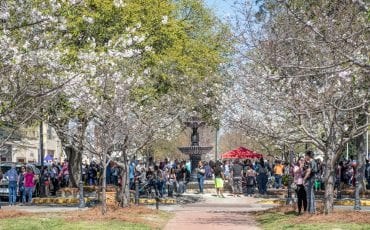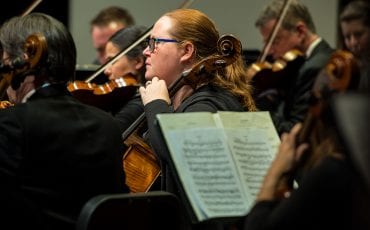Best Road Trips to Explore African American History

Though metro Atlanta has a wealth of places to explore African American history, sometimes kids get more engaged on a road trip. Visit one of these sites.
Call or check websites for COVID-19 safety precautions.
Georgia/South Carolina Coasts
The tight-knit Gullah communities along the coasts have preserved African cultural heritage, even speaking a creole language similar to the Krio of Sierra Leone. Two places to learn more about them:
Savannah: Visit Pin Point Heritage Museum just south of Savannah, or take a cultural tour to Sapelo Island, Ga., to learn about the Gullah-Geechee descendants of freed slaves. In Savannah, visit the Ralph Mark Gilbert Civil Rights Museum, which chronicles the struggles of Georgia’s oldest African-American community from slavery to present day.
Charleston: Take a guided tour to Sea Island for immersion in Gullah-Geechee culture and tour black history sites around Charleston, including the Old Slave Mart Museum and preserved plantations such as Drayton Hall, Magnolia Plantation and Gardens and Hampton Plantation to see living history presentations.

Alabama
Birmingham, Montgomery and Selma were epicenters for civil rights struggles of the 20th century.
Birmingham: Important sites include the Birmingham Civil Rights Institute; the 16th Street Baptist Church, where four young black girls died in a bombing in 1964; and Kelly Ingram Park, where civil rights protestors were sprayed with fire hoses in 1963. While there, check out a few more spots.
Selma/Montgomery: Walk across the Edmund Pettus Bridge in Selma, where police attacked marchers in 1965. Visit the Rosa Parks Museum, named for the civil rights icon who helped ignite a bus boycott in Montgomery, and the Dexter Avenue King Memorial Baptist Church in Montgomery, where Dr. Martin Luther King Jr. was pastor from 1954-60.

Tennessee
Memphis was a center for black culture and music long before it made worldwide headlines as the city where Dr. Martin Luther King Jr. was assassinated.
Memphis: Visit the National Civil Rights Museum, in the Lorraine Motel, where Dr. King was staying when he was shot, for a history of civil rights from slavery through the Civil War and to present day. Also in Memphis, stop at the Stax Museum of American Soul Music, the Slave Haven Underground Railroad Museum and the Withers Collection Museum and Gallery (black and white photos of the segregated South taken by photographer Ernest Withers).
Henning: About an hour northeast of Memphis, stop by the boyhood home of “Roots” author Alex Haley, the Alex Haley Museum and Interpretive Center.







